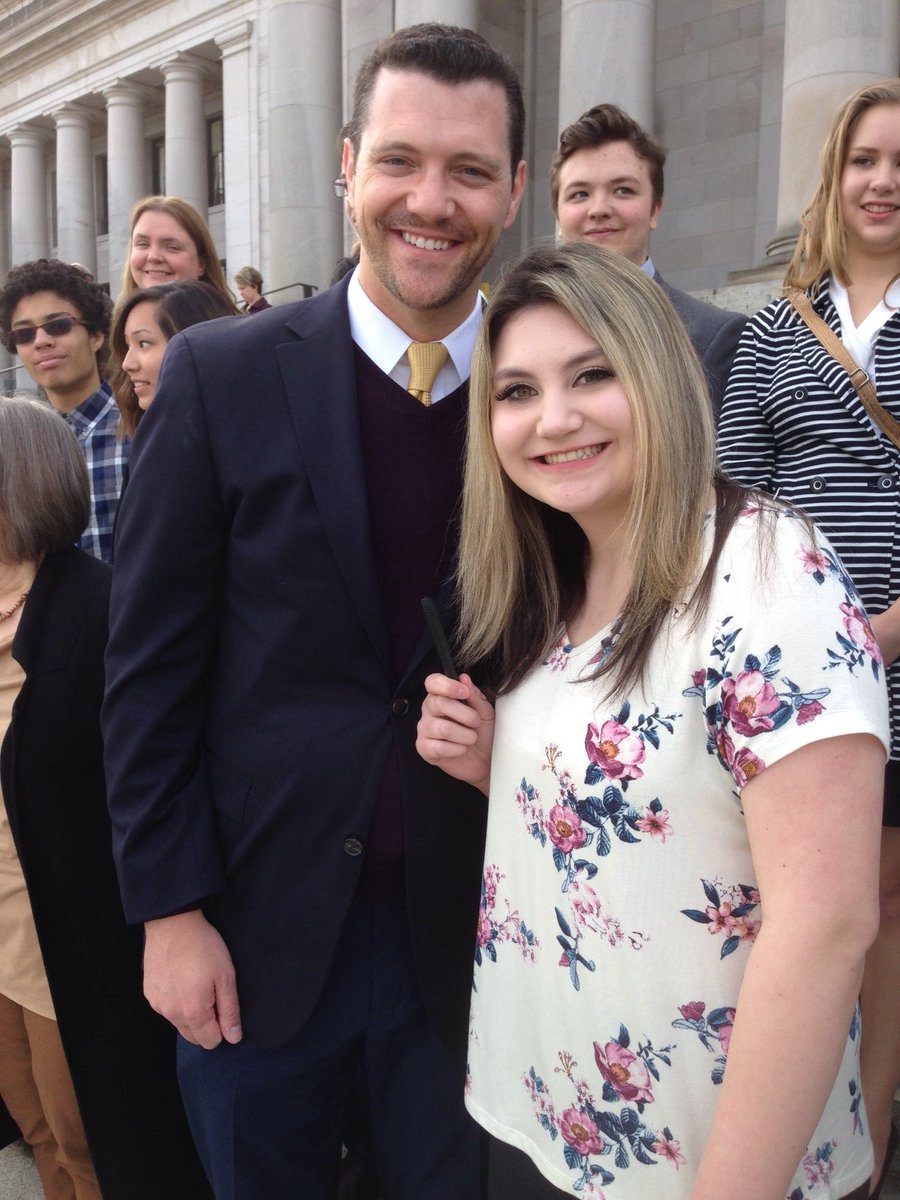
By Maddie Hunt

“Things that change history start with things that are really coincidental chains of events,” said Thomas Kaup, Auburn High school journalism professor.
Little did he know that inviting Republican Sen. Joe Fain of Washington’s King County District, to his high school journalism class would revive what has become known as the “zombie bill.”
After decades of work by students, advisors, and others, Senate Bill 5064 gives student editors control of the news, opinions, features and advertisement that go into student papers. The bill goes into effect June 6.
The New Voices Act, or Student Press Rights bill, was signed into law by Governor Jay Inslee March 21 , making Washington the 14th state to sign this bill into law.
School officials may only censor student media in cases of libel or slander, invasion of privacy, indecencies or obscenities according to the Federal Communications Act or any rule or regulation of the FCC.
The further effects of the New Voices act include job security for teachers and media advisors, without the fear of termination, transfers, removal, or
discipline for observing students’ free- speech rights.
Political expression by students won’t be recognized as the use of public funds, and anyone can file an appeal of violations.
Fain, who sponsored the bill, said he hopes it will allow students to better their skills and understand more of the responsibility of the career.
“Students entering the field should understand what it means to be a professional in journalism,” Fain said.
While not all schools and places of higher education will struggle with the change, some places “will have to adjust to the new changes.”
According to the senator, the Auburn High School teacher who contacted him, Thomas Kaup, was heavily responsible for introducing the Senator to the New Voices bill, as was Kaup’s now former student, Mariah Valles.
Kaup had been awarded the Washington State Journalism Adviser of the Year award in 2014. Upon being awarded, he received a congratulatory note from Senator Fain. In his reply, Kaup invited Fain to visit his classroom at Auburn High School.
In 2015, Fain met the journalism class, and spent “a good two hours interacting with the students in the classroom.” There he was introduced
to the New Voices bill, which had again fallen through legislation.
As he met and spoke with the students in Kaup’s journalism class, as well as yearbook staff, Fain said he was impressed by the student’s work in the classroom, and wanted to help them pursue realistic careers as journalists.
“Joe is an amazing man. He’s got a good conscience, a good heart,” Kaup said.
“It’s amazing to see how things have become to a complete, full circle,” he continued. “It’s still so surreal to me, it’s like a dream come true.”
Kaup was also awarded the Dorothy McPhillips Distinguished Service Award, the highest honor given by the Washington Journalism Education Association for the work he’s put into New Voices.
At the time of Fain’s visit, Mariah Valles was Editor in Chief of the Auburn High Yearbook. Since then, she’s become an advocate for 1st Amendment rights, and has testified several times on behalf of the New Voices bill.
Valles was in Olympia February 14, instead of attending class at Central Washington University. She is now the Online Editor for the CWU paper, The Observer.

1 Trackback / Pingback
Comments are closed.